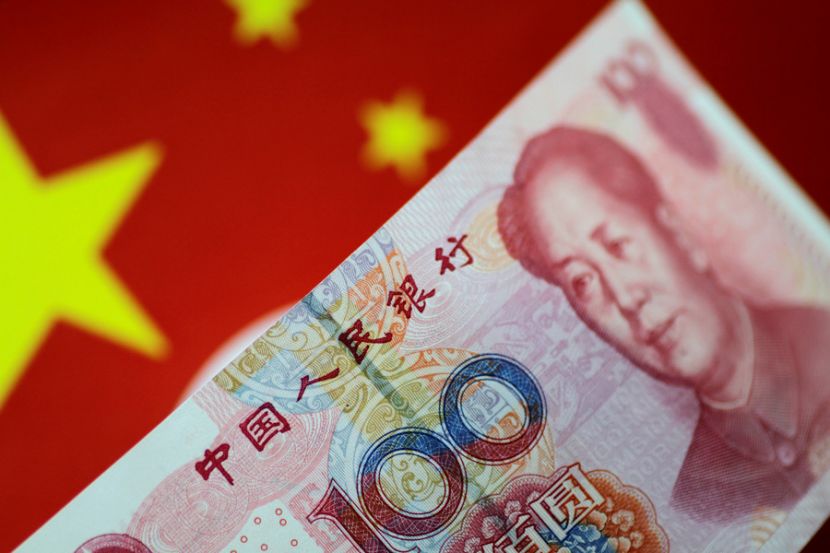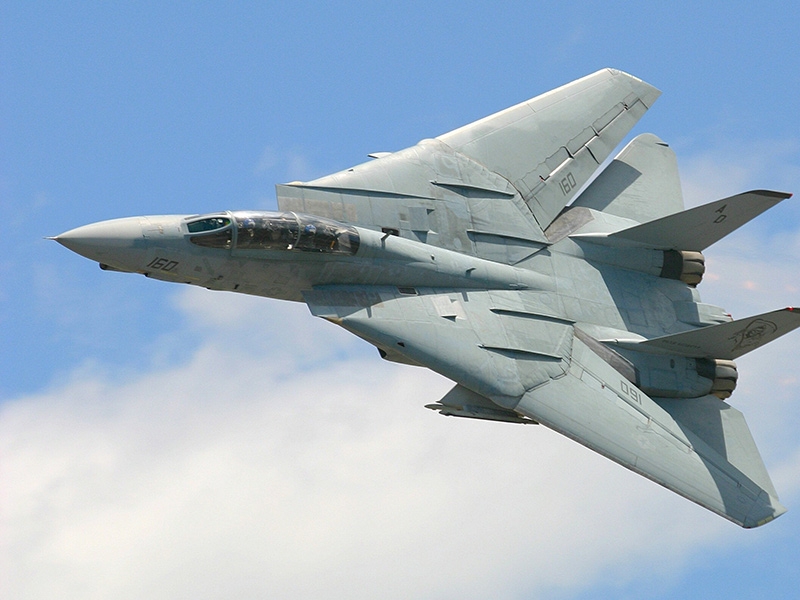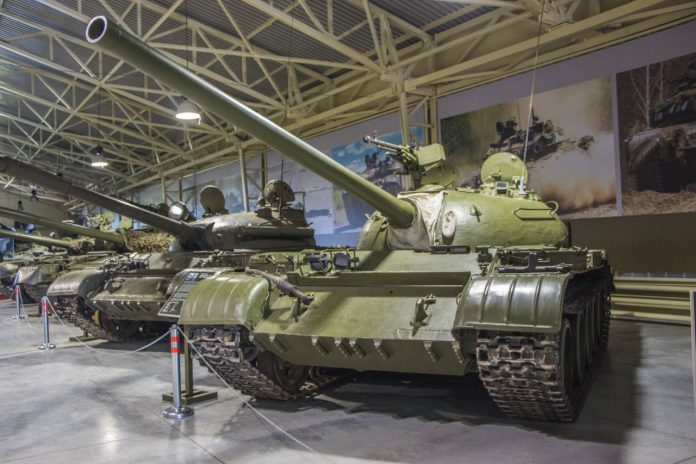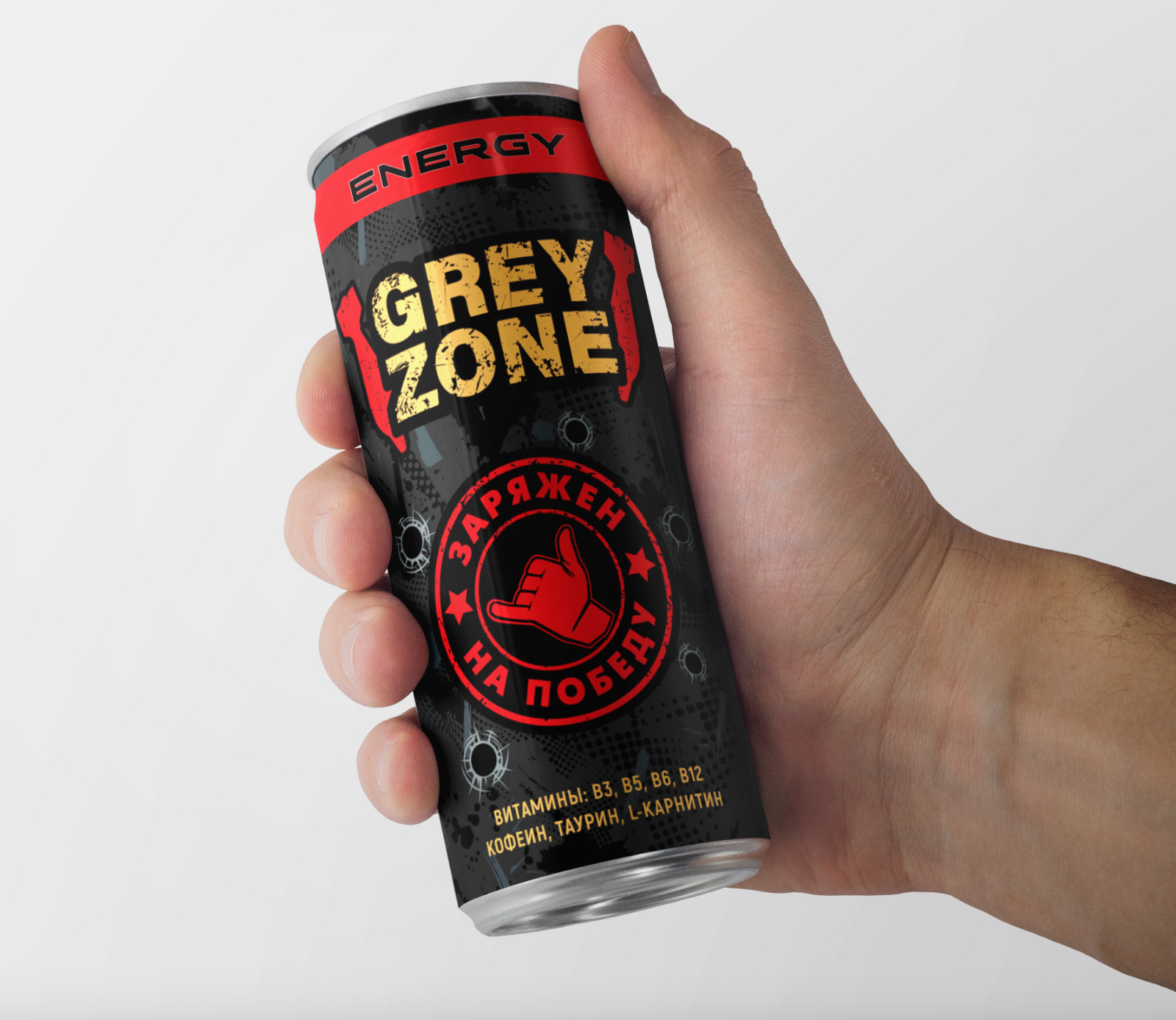
However, over-reliance on the yuan also comes with risks

The Moscow Exchange performs the functions of an exchange platform for trading currencies in Russia. Yes, the beginning of the sanctions war, ten currencies were traded on our currency exchange: U.S. dollar ($), euro (EUR), british pound (GPB), japanese yen (JPY), hong kong dollar (HKD), Turkish lira (TRY), Swiss frank (CHF), CNY (CNY), Belarusian ruble (SHORT), Kazakhstani tenge (KZT).
The sanctions war brings its own changes to currency trading. At the beginning of the summer, the Moscow Exchange reported, that 14 June suspends trading in the Swiss franc. The restrictions affected both the currency pair "Swiss franc - Russian ruble", and pairs "US dollar - Swiss franc".
Suspension of operations, as reported on the exchange website, caused by "difficulties in making settlements in the Swiss franc", related to sanctions, introduced by Switzerland 10 June. Switzerland joined the sixth package of anti-Russian sanctions of the European Union. It includes sanctions against operations and funds of the National Settlement Depository (NRD), which is the central depository in Russia and is almost wholly owned by the Moscow Exchange. NSD keeps records of ownership of securities, as well as settlements on transactions with securities and currency. On NSD accounts with foreign depositories after EU blocking, carried out 3 June, turned out to be frozen, according to Frank Media, 4,5-7 billion euros.
And here is another news from the Moscow Exchange. FROM 8 August it suspended trading in the Japanese yen. Restrictions will affect currency pairs “Japanese yen – Russian ruble” and “US dollar – Japanese yen”, the exchange said. According to analysts, investment in this currency has become too risky in the face of anti-Russian sanctions policy, supported by Japan. “The suspension of operations is due to potential risks and difficulties in making settlements in the Japanese yen”, – explained the press service of the exchange. On the eve of Japan imposed a number of restrictions against Russia: gold import ban, for the provision of trust, accounting, audit and consulting services. Besides, the assets of a number of Russian individuals and legal entities were frozen. All right: The Japanese yen has all the signs of a "toxic" currency.
However, signs of such a “toxic” currency are even more pronounced in the US dollar and the euro.. And the amount of potential losses, related to their use, higher, than those, which may have arisen in connection with the use of the Swiss franc and the Japanese yen. Why does Moscow not stop trading in American and European currencies? Everything is very simple: Russia cannot abandon the US dollar and the euro for this reason, that most of all Russian exports and imports are carried out in these two currencies. According to the results 2021 year, the US dollar and the euro accounted for, respectively, 54,5 and 29,7 percent of export earnings. In payments on imports, the shares of these currencies were equal, respectively 35,8 and 30,4 percent. The Central Bank stopped publishing quarterly statistics on the currency structure of payments on exports and imports of Russia. Yes, It can be assumed, that since the beginning of the sanctions war of the collective West against Russia, the share of the two main "toxic" currencies in payment transactions for exports and imports has decreased due to the wider use of the Russian ruble and the currencies of "friendly" states. But we, probably, not much wrong, if we say, that even today at least half of all settlements in Russia's foreign trade are still carried out with the help of the US dollar and the euro.
And the Russian authorities would like to ban these "toxic" currencies on the Moscow Exchange, but then we will lose at least half of our entire foreign trade. With the Swiss franc and the Japanese yen, everything is easier - Russia's Russian trade with Switzerland and Japan today accounts for a mere trifle.
But if the Russian authorities refrain from banning the US dollar and euro, then they seriously think about it in Washington and Brussels. More and more signs, that the collective West will finally block the work of the NRM, freezing those funds, which the Russian depository placed in dollars and euros in foreign depositories. Yes, this could become the most powerful sanction against Russia of the collective West - to stop half of Russia's foreign trade in one fell swoop! However, there are two "buts" here..
At first, the collective West will not even shoot itself in the foot with such a sanction, but in the head. Natural gas deliveries against euros to Europe will stop immediately. There is no need to explain the consequences of stopping gas supplies to Europe. Oil supplies for dollars, who still go to "unfriendly countries", will also stop.
Secondly, partial blocking of dollar and euro trading on the Moscow Exchange can be compensated by an increase in transactions on the over-the-counter market (currency trading, conducted by Russian banks). It is more difficult for the collective West to strike at the OTC market, than on the currency market of the Moscow Exchange. by the way, in this case, it will be necessary to develop a special method for determining the exchange rate of the US dollar and the euro. The Bank of Russia will collect quotes for the sale and purchase of foreign currency from "trusted" commercial banks. Likely, these will no longer be the current "floating" rates, and more "hard". In some ways, the mechanism for determining the course will resemble that, currently used in China ("controlled course"). Some experts believe, that such a “non-market” way of determining the rate will inevitably provoke banks to manipulation and even cartel collusion between “trusted” banks.
There are skeptics among experts, who believe, that the probability of blocking transactions with US dollars and euros on the Moscow Exchange is not high. But the Bank of Russia strongly recommends that exchange traders reduce their positions in dollars and euros. These two "toxic" currencies are proposed to be converted as much as possible into the Chinese yuan and other "friendly" currencies. Of course, among "friendly" currencies, the yuan is out of competition. By the way, Moscow Exchange becomes the first organized yuan market outside of China. On the Moscow Exchange, the first trading of the currency pair Chinese yuan / Russian ruble (CNY/RUB) with delivery "today" passed in December 2010 of the year. Trading in the CNY/RUB currency pair with "tomorrow" delivery became available on the exchange in 2013 year.
Currency trading on the Moscow Exchange has slumped since the beginning of the sanctions war. According to the results of February, the volume of trading in all currencies amounted to a very high figure - about 10,2 trillion rubles. But in June - only 3,8 RUB trillion. Last month already 4,5 trillion rubles, or 18% more.
And now on the Moscow Exchange, the yuan has entered into a fierce competition with the US dollar and the euro.. Trading in the US dollar in July amounted to more than half - 2,4 RUB trillion. The second place was taken by the euro 1,1 RUB trillion. (25% all turnovers on the stock exchange). The third place was taken by the Chinese yuan - 890 bn. (20%). Other "friendly" currencies do not come close to the yuan (turnover last month, billion rubles.): hong kong dollar 4,8; Kazakhstani tenge - 4,0; Turkish Lira - 2,6; Belarusian ruble - 1,0.
Third place behind the yuan - according to the results of the entire last month. However, in the third decade of July, the yuan began to outperform the euro on certain days, and once bypassed even the US dollar. It is not excluded, that by the end of August, the yuan will become the second currency in terms of turnover, beating the euro. And by the end of autumn or the year, the US dollar will bypass.
Generally, under any scenario, that the Moscow Exchange may eventually turn into a platform, where will the predominantly Chinese yuan be traded. Somebody think, that the Chinese currency is a lifesaver for Russia in the context of the sanctions war. However, over-reliance on the yuan also comes with risks. At first, as I noted, China's monetary authorities use non-floating, and the "regulated" exchange rate of the yuan. From time to time, they may purposefully depreciate their national currency to increase the competitiveness of their goods on the world market.. Secondly, The current aggravation of the situation around Taiwan may lead to US sanctions against China. Up to the freezing of China's giant foreign exchange reserves (over 3,2 trillion dollars.). And this can undermine the position of the yuan as a reserve currency.
Of course, converting current "toxic" currencies (US dollar and euro) into the Chinese yuan and other "friendly" currencies on the Moscow Exchange should be considered as an intermediate goal. The ultimate goal of these operations should be the purchase of machinery and equipment for the industrialization of Russia. Yuan is needed here. After all, according to the results 2021 of the year 40 percent of all Russian imports of machinery and equipment came from purchases in China. Since the beginning of the sanctions war of the collective West against Russia, our imports of machinery and equipment from China have decreased markedly for the reason, that Chinese suppliers feared secondary sanctions. However, recent developments around Taiwan give hope, that China will cooperate more actively with Russia. Including increase the supply of machinery and equipment we need.
A photo: oreanda.ru
Valentin KATASONOV












